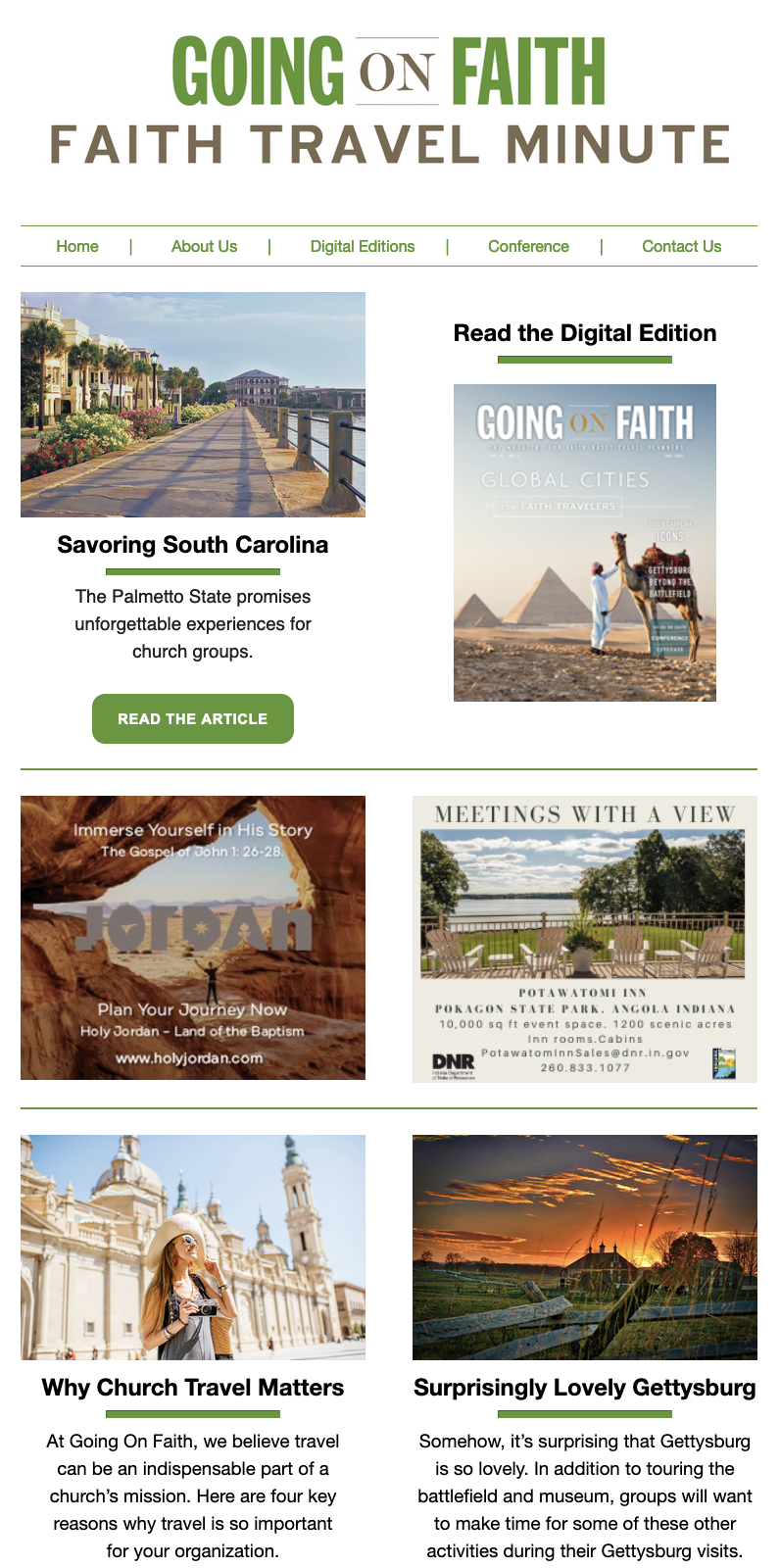Do you have a high EQ?
Recently, many of the leadership experts I follow have been discussing the idea of emotional intelligence, also called EQ. Unlike IQ, the traditional kind of intelligence that can be measured with academic tests, EQ refers to a set of softer skills, such as self-awareness, empathy and compassion. And society is beginning to recognize that emotional intelligence can be incredibly important, especially for leaders.
It takes traditional intelligence to succeed as a tour operator or travel planner. You have to be organized and strategic in the way you plan, and you need the brainpower to craft an itinerary, budget your costs, price your trip, process registrations and then deal with all the situations and emergencies that might arise during a trip. As crucial as IQ is though, EQ might be even more important.
At its core, travel is an emotional experience. People travel with you for the joy of discovering new destinations and making personal connections in the community you cultivate. If you are attuned to the emotions of your current and potential customers, you can help create experiences that will satisfy their inner desires and build a program that enjoys long-term success.
Here are five ways emotional intelligence can help you develop a thriving travel program.
1) Working with suppliers
The best partnerships in tourism aren’t built on contracts; rather, they are built on relationships. As you work with suppliers at convention and visitors bureaus, hotels, attractions and other venues, use your emotional intelligence to forge personal connections with them. These relationships can often lead to better opportunities, creative collaboration and higher levels of customer service.
2) Winning new customers
Great salespeople have one thing in common: a high EQ. Many buying decisions are driven not by facts but by emotions, and this is especially true in travel. If you understand your potential clients’ emotional needs, you can help them understand how your travel program will fulfill those needs. And emotional intelligence will also help you guide them through any hesitation they may have about joining you.
3) Building community
Creating connections and facilitating fellowship among travelers are high priorities in any church travel program. An emotionally intelligent group leader will find lots of opportunities to do that, especially during a trip. Look for people who seem lonely or shy and help them connect with other people in the group. You might be introducing them to a new best friend.
4) Handling complaints
You’ll get complaints during your time as a travel planner, and the emotional intelligence you deploy during those conversations can go a long way in determining their outcomes. Many people who complain just want to feel heard, so do your best to show them openness and empathy. And instead of simply addressing the concern they bring you, try to respond to the emotion behind it.
5) Creating memorable experiences
It’s not the hotel rooms, the bus or even the museum exhibits that people remember about your trips; it’s the emotional experiences you craft for them. As you plan your itinerary, look for ways to create powerful emotional moments during your trip. And while you’re on the road, seize every opportunity to spark joy for your travelers as you go.










